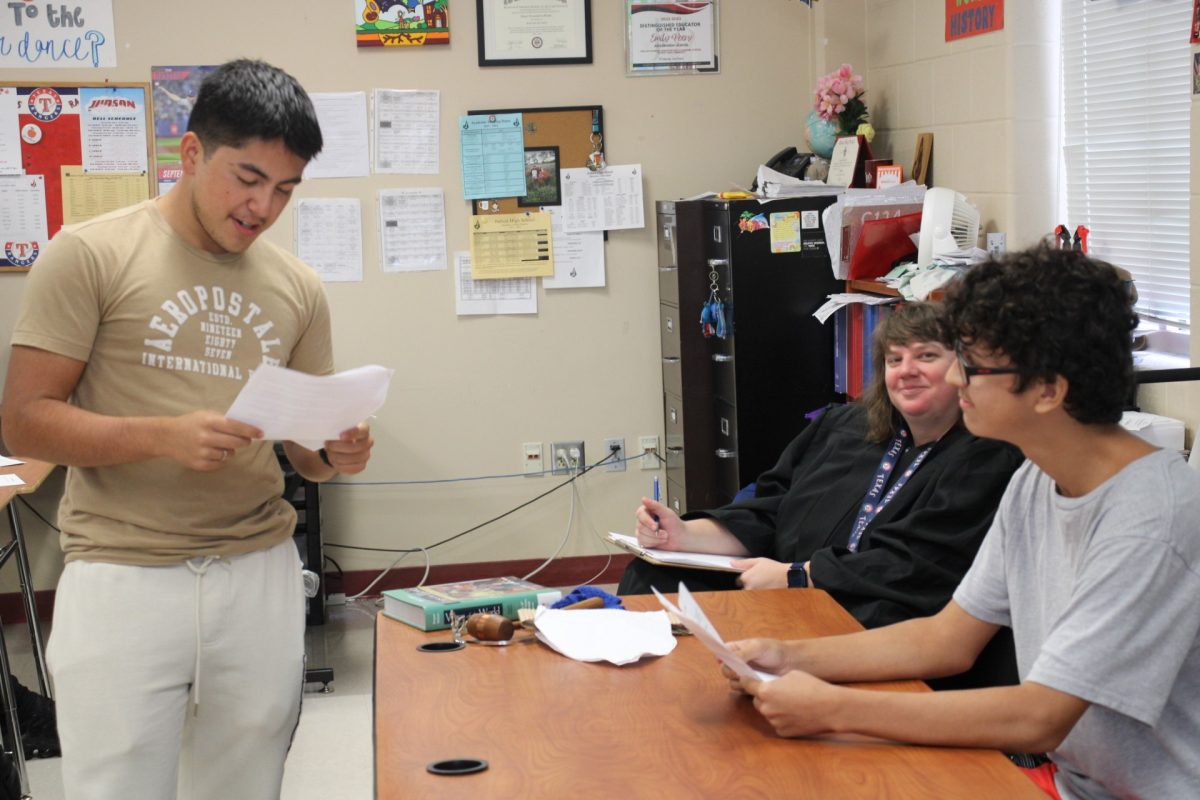For teachers and students alike, ending the fall semester into the spring can be overwhelming.
With testing, the end of the grading period, and seasonal depression, it’s normal for teachers to feel overwhelmed.
When having a job as demanding as being an educator, work never really stops. To maintain their mental health and well-being, teachers must find a work-life balance.
According to BetterUp.com, establishing clear boundaries and setting specific work hours is important to maintaining this sacred work-life balance. Ms. Emily Peery does her best to try and follow this method.
“If at all possible, I try not to take work home and leave my weekends not filled with work,” Ms. Peery said. “If I do have to do work on the weekend, I try to come up to the school to establish the boundary of school is where I work and home is where I relax.
To give background into the workload of Ms. Peery, not only does she teach AP World History, but she is also a dual credit US History teacher. AP and Dual credit both require a heavier and more extensive workload for students, so of course that leaves more to grade.
Though the pressure isn’t all on teachers to prioritize their well-being, the administration has the power to make out-of-classroom duties less stressful for teachers.
Many different non-negotiables come with being a teacher outside of the standard classroom tasks. Having these different responsibilities can cut into the time that teachers use to get work done.
“Teachers’ conference time is shortened from meetings. If teachers were always allowed the full conference time they are supposed to have, we would be able to get a lot more done.”
Conference periods are essential for lesson planning, grading, and trying to prepare for future assignments. When this time is stolen, teachers are forced to use their time outside of school to complete these tasks, throwing off their work-life balance.
Students can also help alleviate teacher stress. Mr. Lowrey says students getting their work in on time and not asking for extra credit, gives teachers one less thing to do.
“One of the things that can frustrate teachers is when we have students right before the beginning of the grading period asking for extra credit. [For students,] just try to stay on top of [work] and ask questions before the end of the grading period,” Mr. Lowrey said.

